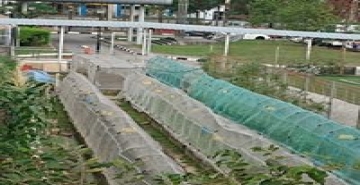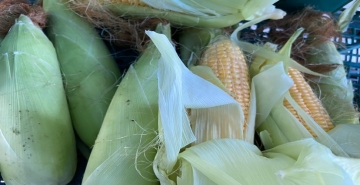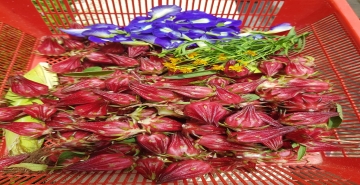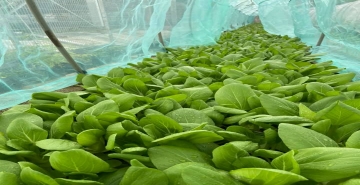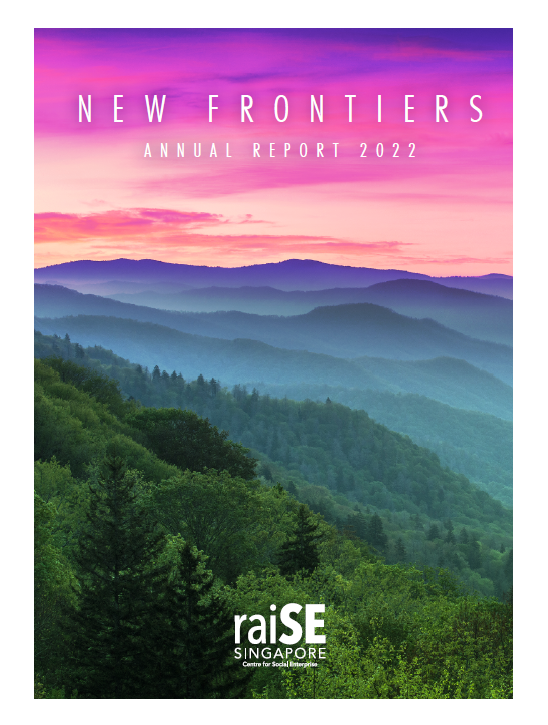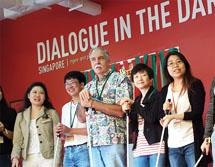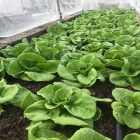
The Food Gardens
Nature of Business:
Agriculture & Animal Husbandry
Areas of Impact:
Provision of basic human needs (e.g. housing, transport, food)
The Food Gardens
https://www.facebook.com/TheFoodGardens/About Us
The Food Gardens. A group of dedicated people finding ways to grow food in any urban spaces they can find. Food is lots of edibles in predictable quality, quantity and time. Garden describe the size we operate in and the plural reflects our aim to spread what we learn so that more spaces within the urban context can grow more food, for ourselves and those that need but can’t.
We are almost 4 years old. We have grown close to 4,000kg of leafy vegetables, much more if you count the fruited vegetables we have grown in these years, and the other community sites we have assisted with knowledge, seedlings and, sometimes, direct work.
If there is only one thing we have shown and learnt over the 4 years is that given any suitable spaces, apply a suitable farming method, one can produce a significant amount of food in the urban area. Leafy vegetables, our main focus, produce the highest yields in any space and take the least time. While the amount achieved would satisfy the typical gardener, the potential that this plot has shown encourages us to further dream of serving the community. But to make an impact on the community who needs but can’t grow their own, we need to do more. A lot more.
We sincerely think that growing quality food is a better solution than, say, dumpster diving. However well intentioned, the quality of donated items can be suspect at times. Kudos to the volunteers that have to sieve through it.
What started as a couple’s dream is now a team, with more wanting to join. We have the knowledge and experience that is closer to the professional farmers. We like to do more.
But the food we grow has a direct linear relationship with land. The Food Gardens @ 11 Jalan Ubi is an inherited space which could be further optimised. We have grown the plantable areas significantly but there is a limit. Further, urban spaces are subject to alternate use over time.
At the same time, we see a lot of underused spaces within the city that can be used to grow food. Any plot with 6 hours of sun exposure will fit the bill. School compounds, present and repurposed, top floor of multi-storey car parks, flat roof tops in buildings, just to name a few. Sometimes, existing gardens are not optimized. We had helped a few and the transformation is obvious.
We now seek partners who can provide us a larger space, hopefully on a longer duration, to continue our work. With a larger space, we will need assistance in financing for it will be beyond our current ability to support out of our pockets.
The alternative is to collect a network of spaces supported by a center that provides planning, seedling, manpower allocation and such. We have done some experiments with this model and the results are encouraging. This could integrate with other efforts abound.
The farms in Lim Chu Kang can produce somewhere between 500-1000+kg per day. This will satisfy the daily needs of an organization like Willing Hearts Soup Kitchen. We do not think that we will have the kind of dedicated resources (7-10 people in the sun, daily, whole day!) to achieve the same. We envisage a more gradual growth path with a smaller, space limiting, expectations.Yet, it should be sufficient to make an impact.
It would be preferable and conceivable to progress from the present 100+kg a month, to weekly and eventually daily. We are achieving around 2.5kg of harvest per square meter. Of course, this need to be assessed in the new plot If this average holds, a 100kg harvest will require a plantable space of around 40 square meter plus (given our amatuer status). Plantable spaces are where soil meets plants, not including access. Over 30 days (this could translate to an area of 1,200-1,500 square meter or more), plus work area, seedling area, and storage areas. Education and community planting plots will probably need a bigger access area.
Besides leafy vegetables, we could grow some fruited vegetables, if the space allowed. This is not often found in local farms but it will add varieties. Currently, we are using these to reward the volunteers. They do take up more space and a longer time to harvest.
The bottom line is that we want a chance to grow more food for the community who need them. In predictable quality, quantity and time. Hopefully, our intent and track record is sufficient to solicit your assistance in this journey.
Let’s grow more food.
Products & Services
We work hand in hand with our client to map out a full sustainability program base on; Suitability of location, Manpower, Budget...etc.
Program will include setup, and train full cycle of planting and maintenance(Seed to Harvest), will tailor the full program base on client's need and limitation.
